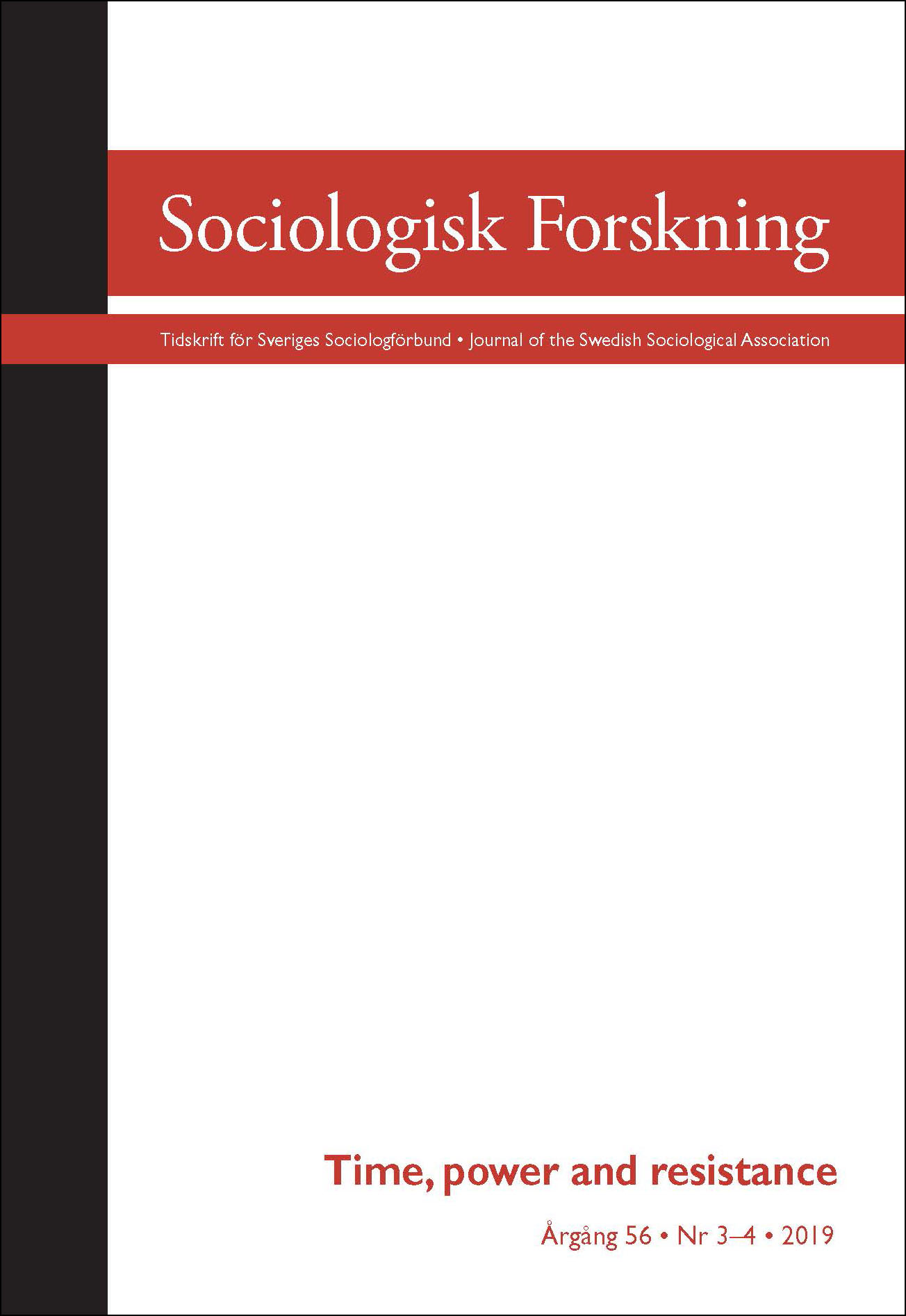Digital media and the acceleration of resistance
Findings from the 2010/11 Tunisian revolution
DOI:
https://doi.org/10.37062/sf.56.18810Keywords:
Tunisian Revolution, Arab Spring, Resistance, Acceleration, Grounded TheoryAbstract
This article is concerned with providing empirical evidence relating to the use of digital media and resistance during the so-called Arab Spring events. These events have been widely acknowledged as a case where digital media significantly contributed to the successful attainment of movements’ objectives. The use of such innovative technologies has been tied to the characteristics and, ultimately, the ends of these movements, with their ‘youthful’, ‘leaderless’ and ‘spontaneous’ nature reflecting Western-orientated practices. However, the analysis presented here utilises interview data obtained from participants in the 2010/11 Tunisian Revolution, detailing their perspectives and explanations of digital media’s role. The data and analysis show that while such technologies were a useful tool, their prominence has been exaggerated and offers a flawed understanding of the events. Rather, the social change being pursued during the Tunisian revolution was profound. Therefore, the deeper implications of the common emphasis on digital media in the literature is explored, with Rosa’s (2015) assessment of social acceleration being informative for elaborating on the nuances of these technologies’ use during the 2010/11 events.
Downloads
Published
How to Cite
Issue
Section
License
All content in Sociologisk Forskning is published with immediate open access, under the Creative Commons license CC BY-NC-ND 4.0.
All content may be read, downloaded, shared and printed for non-commercial purposes, free and without fees. Contents may not be altered. When content is reused, author, source and a link to the copyright licence must be provided. The author retains copyright to their content. No publication fees are charged.





